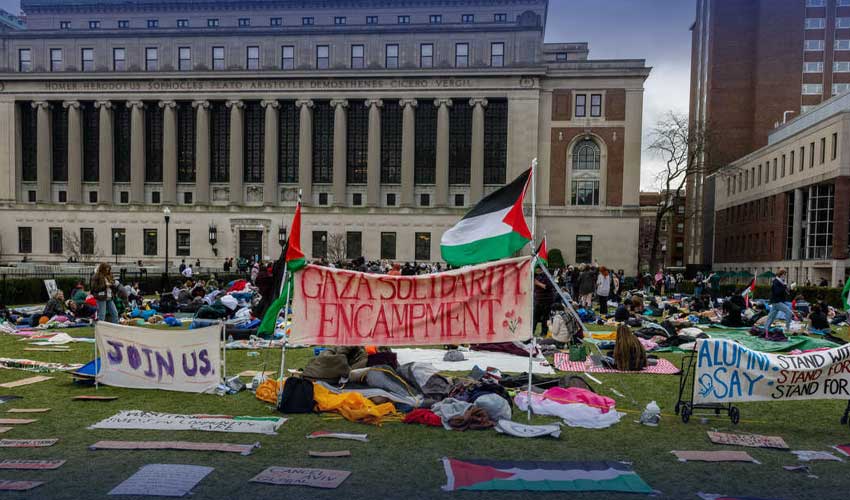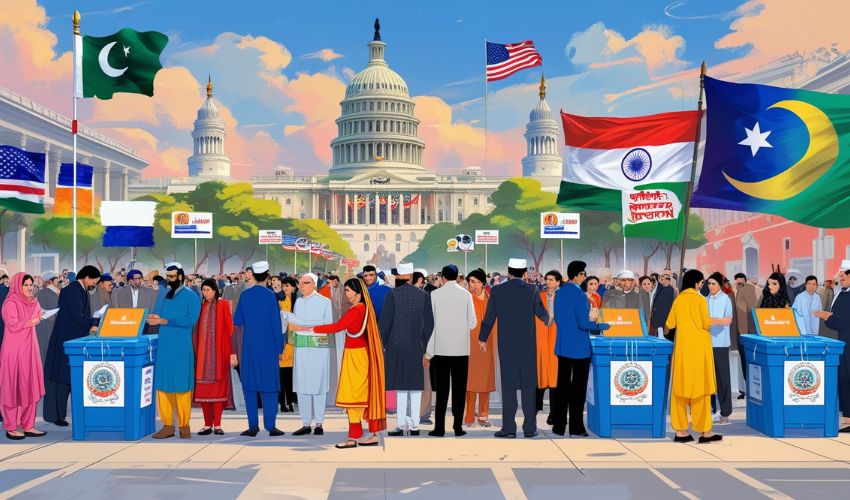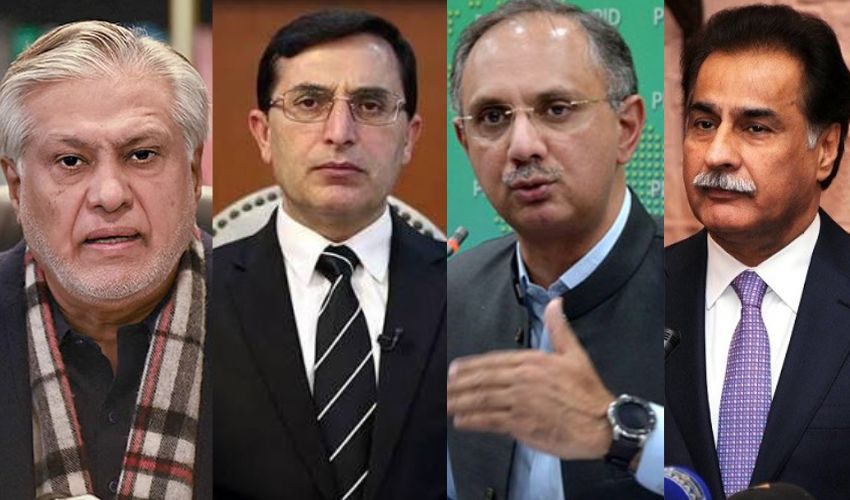Pro-Palestinian student activists at Columbia University started facing suspension on Monday for refusing to break up a protest camp on the New York City campus. The Ivy League school announced that negotiations to end the divisive demonstration had reached a deadlock.
In a statement, university President Nemat Minouche Shafik said that days of talks between student organizers and academic leaders had been unable to persuade the demonstrators to get the dozens of tents erected as a symbol of their opposition to Israel's war in Gaza taken down.
The University of Texas at Austin police arrested dozens of students who they pepper-sprayed during a pro-Palestinian rally, while a separate crackdown continued at Columbia, which is at the epicentre of protests over Gaza that have spread to college campuses across the United States in recent weeks.
On Monday morning, Columbia issued a letter alerting students who did not vacate the encampment by 2pm ET and, sign a form promising to abide by university policies that they will be suspended and not be allowed to finish the semester in good standing.
"We have begun suspending students as part of this next phase of our efforts to ensure safety on our campus," university spokesperson Ben Chang stated at a Monday night briefing.
Also Read: Anti-Israel protests escalate across US varsities: 900 students arrested in 10 days
Chang said, "The encampment has created an unwelcoming environment for many of our Jewish students and faculty and a noisy distraction that interferes with the teaching, learning and preparing for final exams."
Shafik had earlier stated that Columbia would not cut off its financial ties to Israel, which was a major demand of the demonstrators. Rather, she proposed to increase transparency regarding Columbia's direct investment holdings and fund health and education initiatives in Gaza.
Demonstrators have threatened to remain in their camp on the Manhattan campus until Columbia complies with three demands: divestment, financial transparency, and amnesty for faculty and students who were disciplined for their involvement in the protests.
Protesters wore traditional Palestinian keffiyeh scarves as hundreds of them marched around the encampment, shouting, "Disclose! Divest! We will not stop, we will not rest."
Shafik was criticized by a large number of students, teachers, and outside observers for calling in New York City police two weeks ago to clear the protest camp. Within days of the police action on April 18, after over 100 arrests, students re-established the encampment on the university grounds on a lawn bordered by hedges.
Since then, protesting the Israeli operation in Gaza and their schools' alleged complicity in it, students at dozens of campuses, from California to New England, have set up similar encampments.
Students, including some Jewish peace activists, who are opposing Israel's military offensive in Gaza have claimed they are being labeled as antisemitic simply for speaking out against the Israeli government or for endorsing Palestinian rights.
On the other hand, pro-Israeli demonstrators erected a sizable screen and loudspeakers at the University of California, Los Angeles (UCLA), where rival factions engaged in violent altercations over the weekend. The screen played a taped loop of pictures from the October 7 Hamas attack on Israel. The video seemed to be intended as a response to pro-Hamas chants that infiltrated demonstrations on campuses in favor of the besieged Palestinian civilians in Gaza.
The pro-Palestinian camp at UCLA, which consists of more than 50 tents encircled by metal fencing close to the campus main administration building, has also seen an increase in security.
Law enforcement tactics on some campuses, like Emory University in Atlanta and the University of Texas at Austin, have drawn criticism from civil rights groups. Last week, police on horseback and dressed in riot gear moved against protesters, taking dozens of them into custody before charges were dropped for lack of probable cause.
On Monday, there were new protests and arrests on the Austin campus.
At least 43 people were arrested when campus police, supported by Texas state troopers, used pepper spray and flash-bang charges to try to disperse a large-scale student protest. Defense attorney George Lobb said he verified the number with the court and jail staff handling the detentions.
Social media footage showed police removing specific students from a group of protestors gathered on a grassy patch while they locked arms and some of them yelled, "Leave them go!"
Police and demonstrators fought at Virginia Commonwealth University in Richmond as they moved in after dark to disperse an encampment. Local TV showed footage of riot gear-clad police arresting and dousing demonstrators—many of whom the university claimed were not students—with what looked like pepper spray.
Authorities at Virginia Tech announced on Monday that 91 demonstrators who were detained on Sunday night at a camp run by students had been accused of trespassing, approximately 150 miles to the west. Social media footage showed protesters yelling "Shame on you" while some were being taken into custody.



























